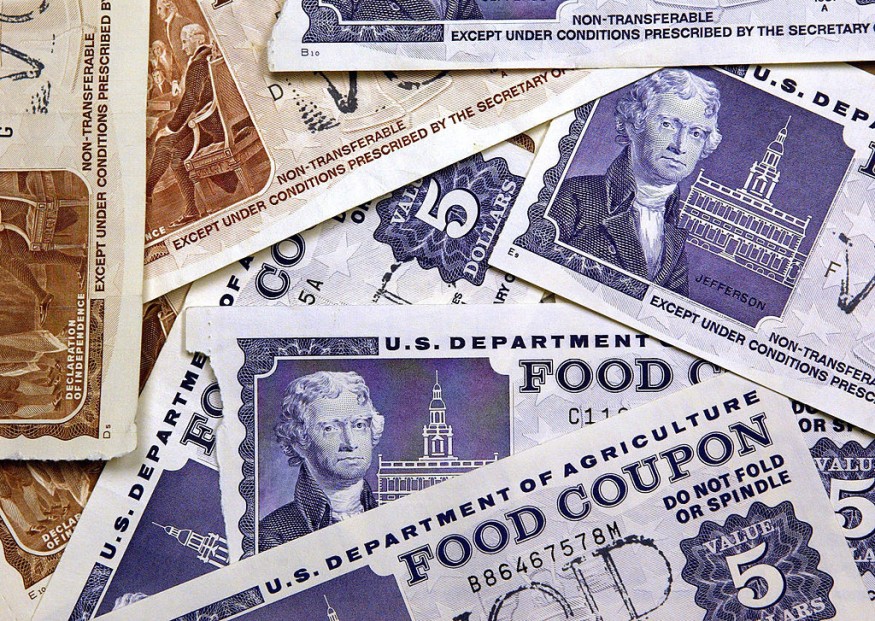SNAP Benefits Update: Are Non-US Citizens Eligible for Food Stamp Payments?

SNAP benefits payments help low-income individuals and households provide food in their homes. However, not all qualify for the program as the U.S. Department of Agriculture implements eligibility criteria for applicants.
Applicants may be able to get SNAP benefits if they are working for low wages or working part-time, unemployed, receiving welfare or other public assistance payments; elderly or disabled and are low-income, and/or homeless.
SNAP benefits are based on the U.S. Department of Agriculture's Thrifty Food Plan. It estimates how much it costs to buy food to prepare nutritious, low-cost meals for your household.
You can get more information about cash assistance at your local SNAP office, which may be listed under "human resources," "social services," "food stamps," or "Electronic Benefits Transfer."
There are certain documentation and proof of the information you provided in your application. It includes Social Security numbers, work rules, student eligibility, and citizenship status.
SNAP Benefits for Non-Citizens
As a general rule, only U.S. citizens are allowed to receive SNAP benefits. However, there are certain rules that could make lawfully-present non-citizens receive food stamp benefits.
The U.S. Department of Agriculture that there are non-citizens eligible for SNAP benefits payments with no waiting period such as qualified migrant children under 18 years old.
Refugees admitted under section 207 of INA, including victims of severe forms of trafficking, are also eligible and victims of trafficking under the Trafficking Victims Protection Act of 2000.
Non-citizens eligible with no waiting period also include asylees under Section 208 of the Immigration and Nationality Act; Amerasian immigrants under 584 of the Foreign Operations, Export Financing, and Related Programs Appropriations Act; and Cuban or Haitians admitted under the Refugee Education Assistance Act of 1980.
Iraqi and Afghan special immigrants are also allowed to receive SNAP benefits.
Meanwhile, lawful permanent residents in the U.S. receiving government payments or disability or blindness are also eligible with no waiting period, and lawful permanent residents with a military connection.
Those who do not belong to the non-citizen groups mentioned above can be considered for SNAP benefits after a waiting period if the person is a lawful permanent resident who has earned or can be credited with 40 quarters of work or is an immigrant and has been in qualified status for five years.
Food Stamp Payments
The eligibility determination for the food stamp payments includes the applicant's gross monthly income, net income, and assets.
Your state agency or local SNAP office will process the application and send a notice telling you whether or not you are eligible for the benefits within 30 days once you submit your application.
Once determined eligible, recipients will receive their SNAP benefits on EBT cards, which function like a debit card. The food stamp payments are automatically deposited into the respective accounts of recipients every month.
EBT cards can be used to buy basic goods at grocery stores, participating food stores, and major retailers.
This article is owned by Latin Post.
Written by: Mary Webber
WATCH: SNAP Food Program Gets Boost In Benefits - from NBC News
Subscribe to Latin Post!
Sign up for our free newsletter for the Latest coverage!















